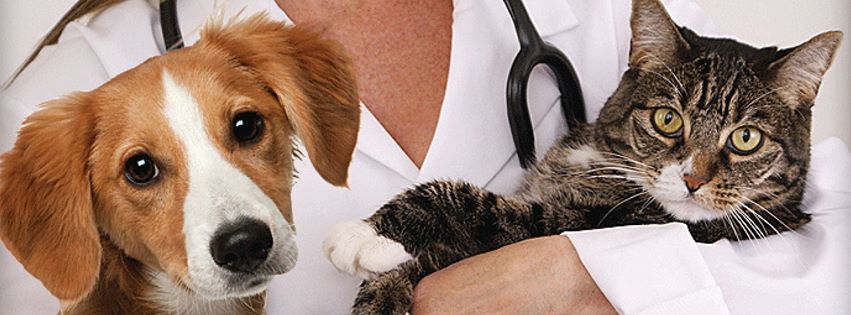VetHow.com
Learn How to Become a Veterinarian

Veterinarian School Requirements and Recommendations

Veterinarian schools are very competitive to get into and there are only so many to choose from (28 in total), but if you can maintain a competitive grade-point average, preferably 3.5 or higher, then you are on track to get into a quality school. Most veterinary schools examine courses taken in the last 3-4 semesters more closely, so don't start getting a bad case of "senioritis". Study hard before taking the GRE Exam and check with your preferred university's web page (for grad school) to find out their target GRE scores. Consider taking one of the GRE prep courses beforehand so you will score higher. In addition to getting good grades and scoring well on the GRE, applicants will need three qualified individuals to provide letters of recommendation. One is required from an academic adviser; one is required from a professional veterinarian; and the third one can be from an individual of your choice (typically one of your course instructors). Some schools may require additional letters from two different veterinarians so double check to see what your school of choice requires.
Veterinarians also learn about hundreds of different species of animals and as they increase in knowledge, they must also strive to gain relevant work experience and apply what they have learned. A significant amount of research should be conducted beforehand in order to find out which universities offer the best veterinarian programs that meet your specific needs. Most animal doctors end up working in private practices, or they work as an employee for a larger company, such as a zoo or the government. Upon completing graduate school, prospective vets will have the opportunity to pursue a specialization or get board certified, which will require additional learning and relevant work experience, but will lead to a significant increase in pay.
During High School
- Maintain a least a GPA of 3.5+ and attain high SAT/ACT scores
- Gain a solid background in math and science. Take advanced placement courses if possible
- Take part in extracurricular activities (athletics, school clubs, volunteer programs, etc.)
- Acquire experience with pets via volunteering either at a nearby humane society or with a local veterinarian
During College
- Maintain a GPA of 3.5 or higher
- Take a pre-vet or comparable curriculum that includes math and several science courses
- Take 2 semesters of chemistry
- Take 2 semesters of organic chemistry
- Take 2 semesters of biology
- Take 1-2 semesters of biochemistry
- Take 1-2 semesters of physics
- Take 2 semesters of advanced math (calculus/pre-calculus)
- Consider majoring in one of the sciences (biology, biochem, physiology)
- Join a pre-vet club or animal group at your university
- Gain exposure to animal medicine via job shadowing with qualified veterinarians, working on farms with livestock, or volunteering at animal shelters & rescue groups
Post Graduate School Recommendations & Suggestions
- Obtain a veterinarian license from the North American Veterinarian License Exam (NAVLE) in order to start practicing
- Pursue either an academic internship or one from a private practice
- Look into vet residency programs
- Consider getting board certified for a specialty
Common Veterinarian Specialties
- Anesthesiology
- Dentistry
- Surgery
- Pathology
- Medicine
- Nutrition
- Animal behavior
- Small animal practice
- Large animal practice
- Exotic animals
- Zoo animals
Veterinarian Oath:
Being admitted to the profession of veterinary medicine, I solemnly swear to use my scientific knowledge and skills for the
benefit of society through the protection of animal health, the relief of animal suffering, the conservation of livestock resources, the promotion of
public health, and the advancement of medical knowledge. I will practice my profession conscientiously, with dignity, and in keeping with the principles
of veterinary medical ethics. I accept as a lifelong obligation the continual improvement of my professional knowledge and competence.
Continue Learning: Useful Veterinarian Work Experience